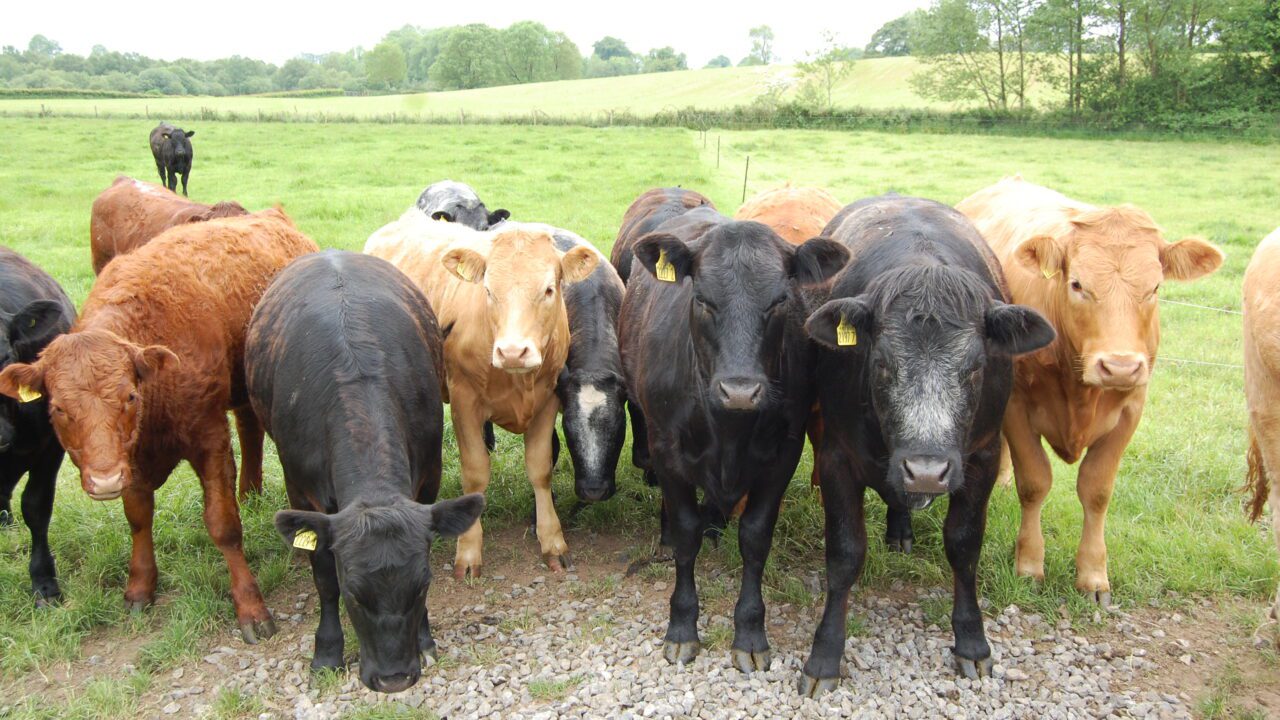UK farmers have been urged to remain vigilant for Bluetongue after the disease was picked up and dealt with in three consignments of cattle imported from France.
Two consignments were brought to two separate premises in Yorkshire, where the Animal and Plant Health Agency (APHA) and the Pirbright Institute identified the disease as a part of routine post-import testing.
All infected cattle, plus one other animal which travelled in the same vehicle and was found to be susceptible to infection, will be humanely culled, according to the UK Department of Environment, Food and Rural Affairs (DEFRA).
The third consignment was taken to a premises in Northern Ireland where the disease was detected by the Department of Agriculture, Environment and Rural Affairs (DAERA).
The virus is transmitted by midge bites and affects cattle, goats and sheep. It can reduce milk yield and cause infertility and in the most severe cases is fatal for infected animals.
DEFRA has assured that action is being taken to ensure the risk of spread of the disease is reduced, with movement restrictions already in place at the affected premises.
The UK chief veterinary officer, Christine Middlemiss, said: “Farmers must be aware of the risks of bringing animals from disease-affected areas into their flocks and herds.
It is vitally important that we keep this disease out.
Urging farmers to remain vigilant for the disease. Middlemiss added: “They need to work with importers to make sure effective vaccination needs are complied with and that all animals are sourced responsibly.”
